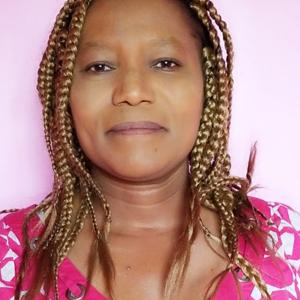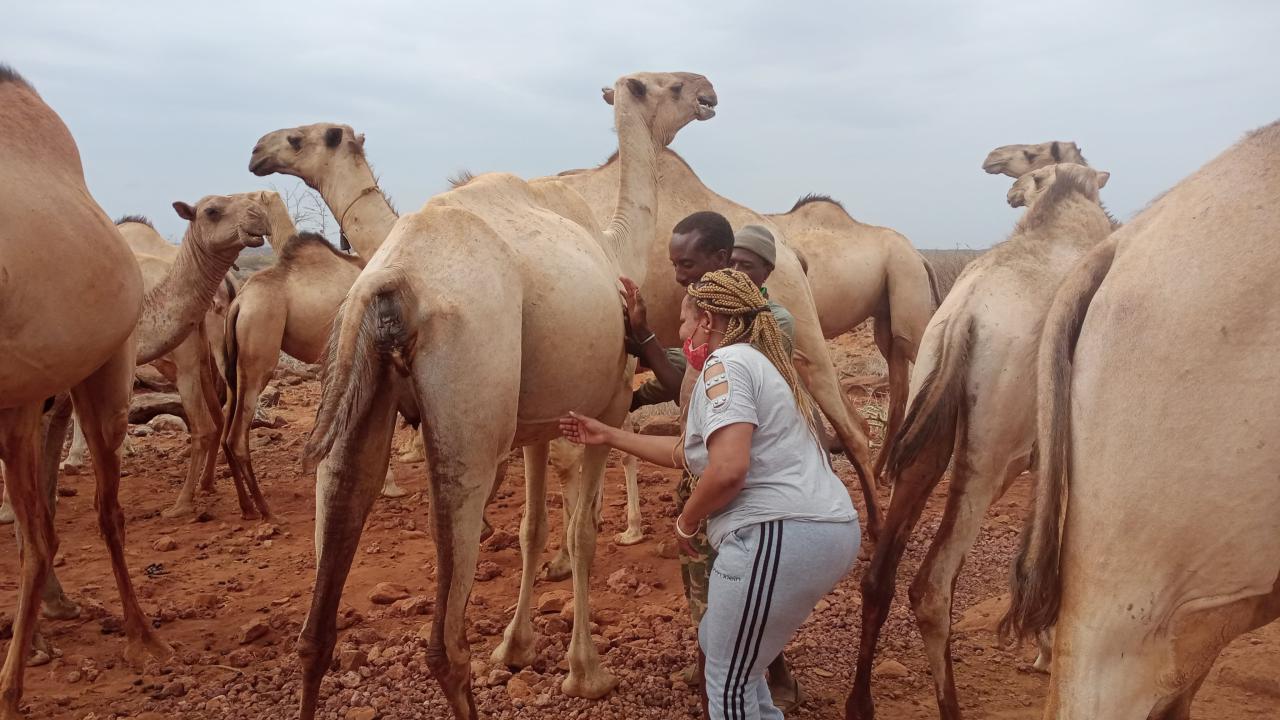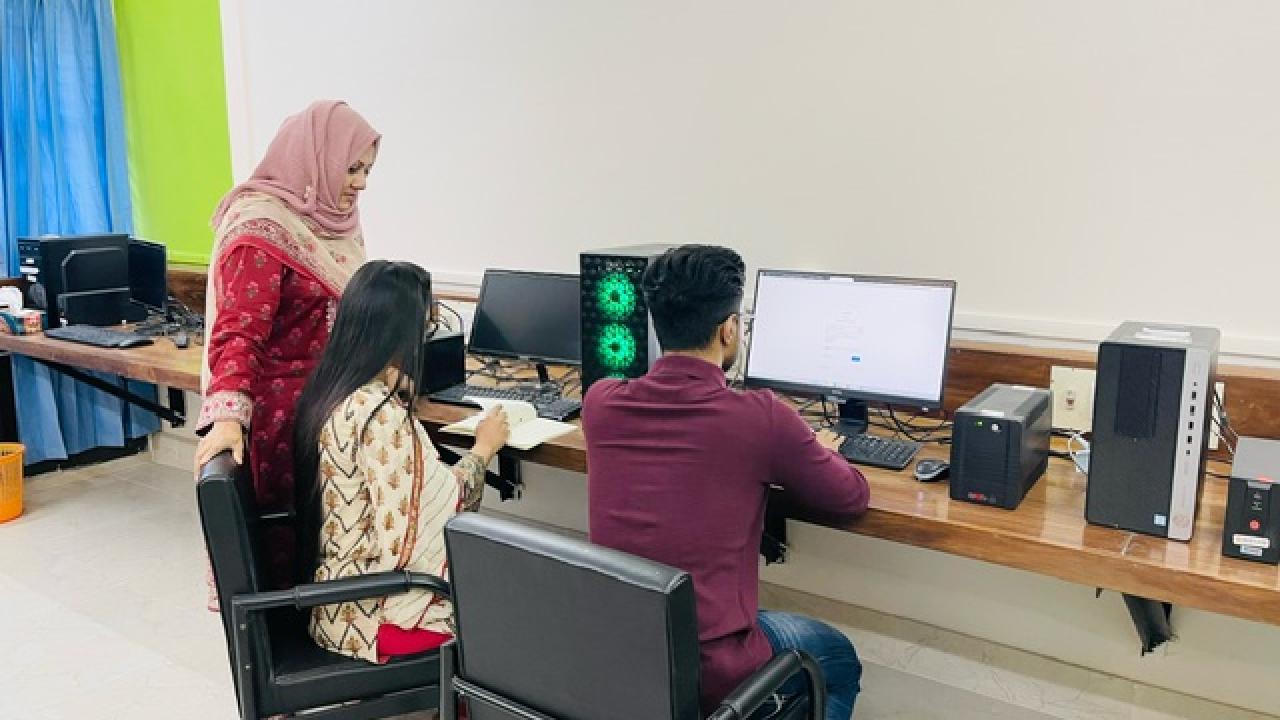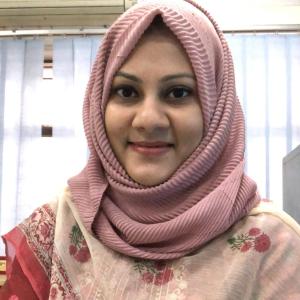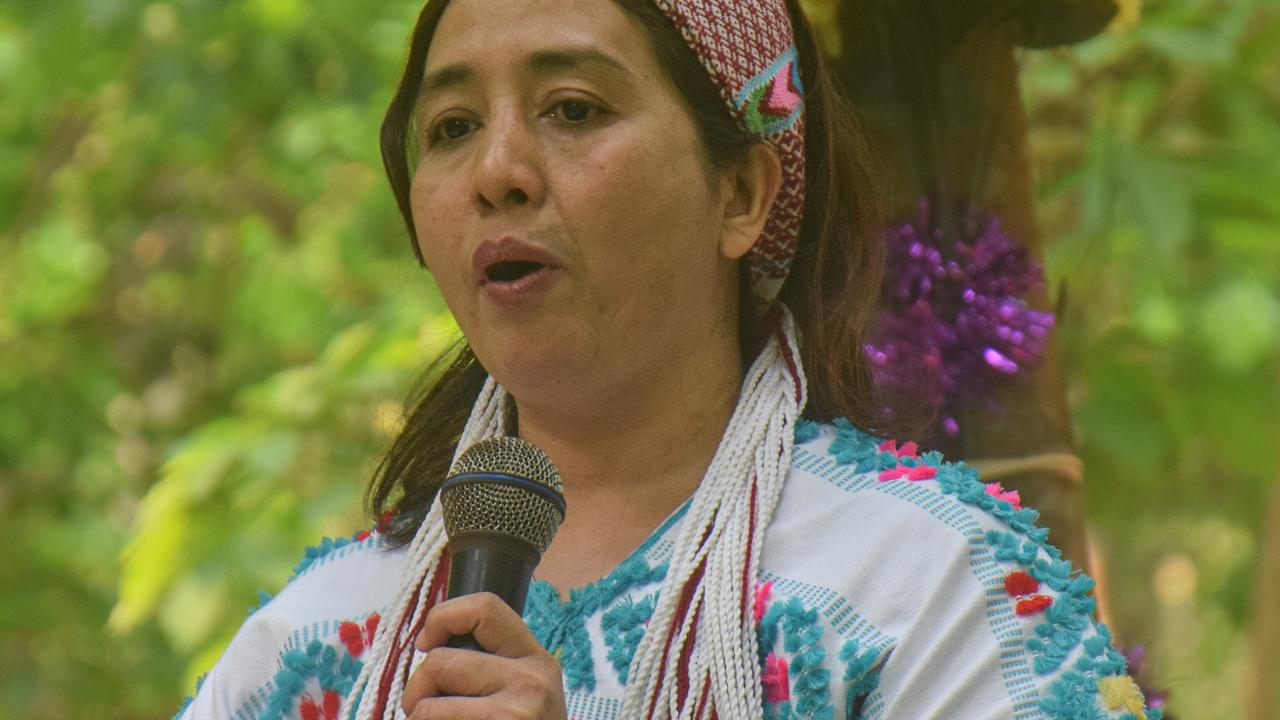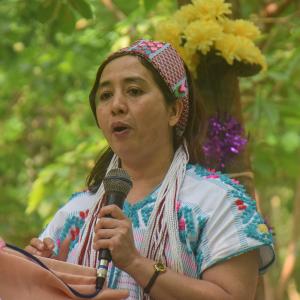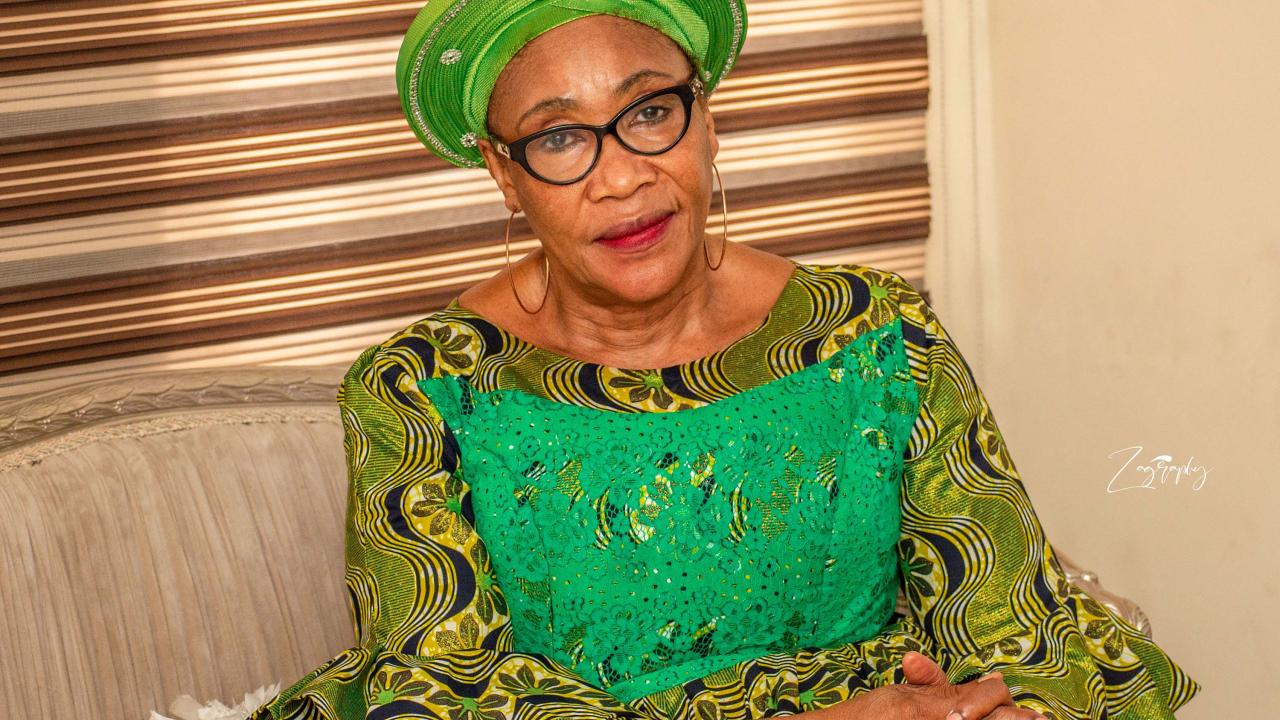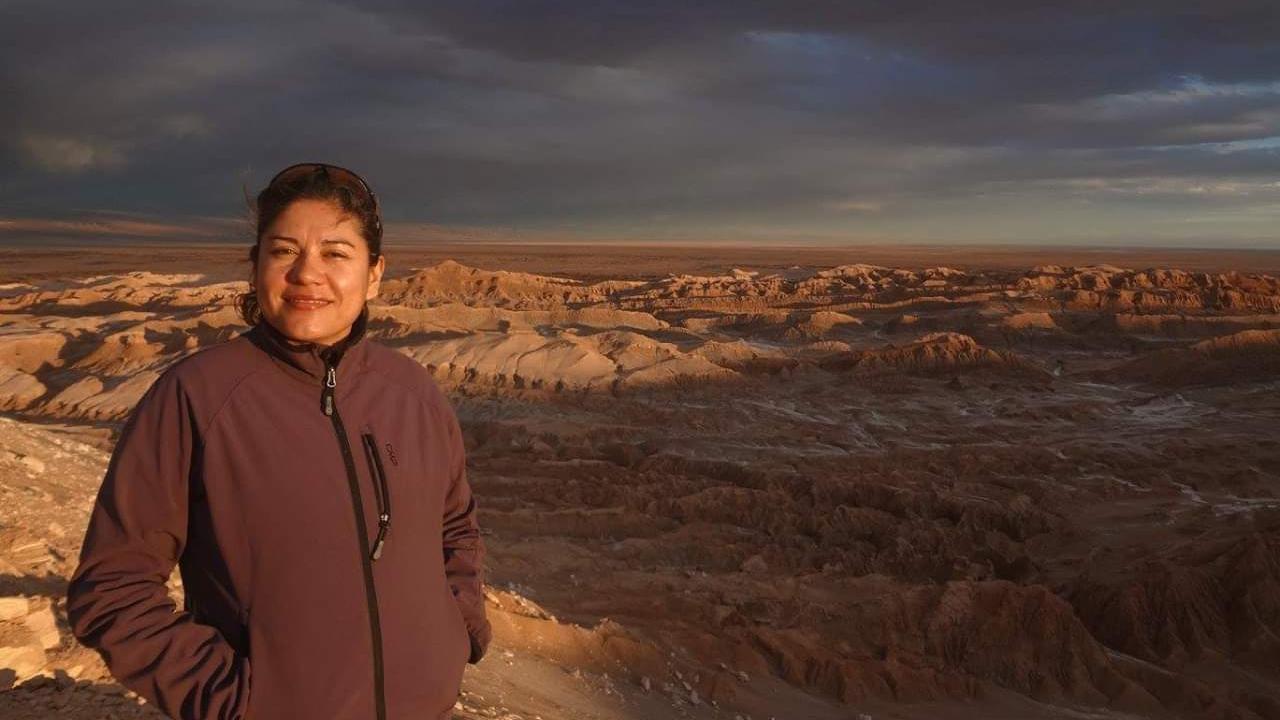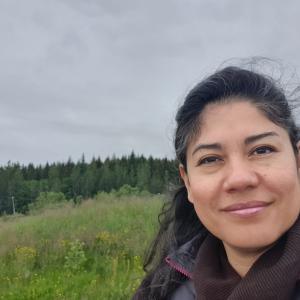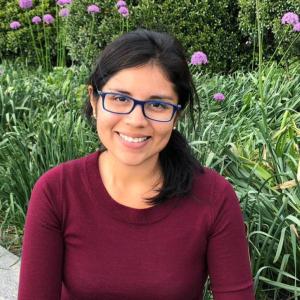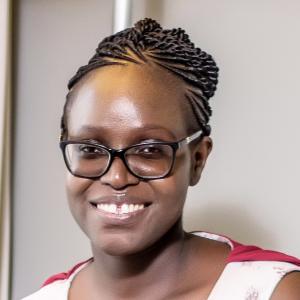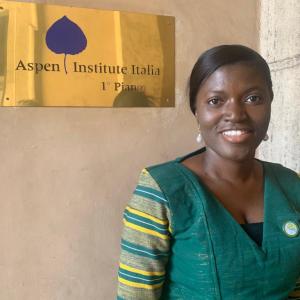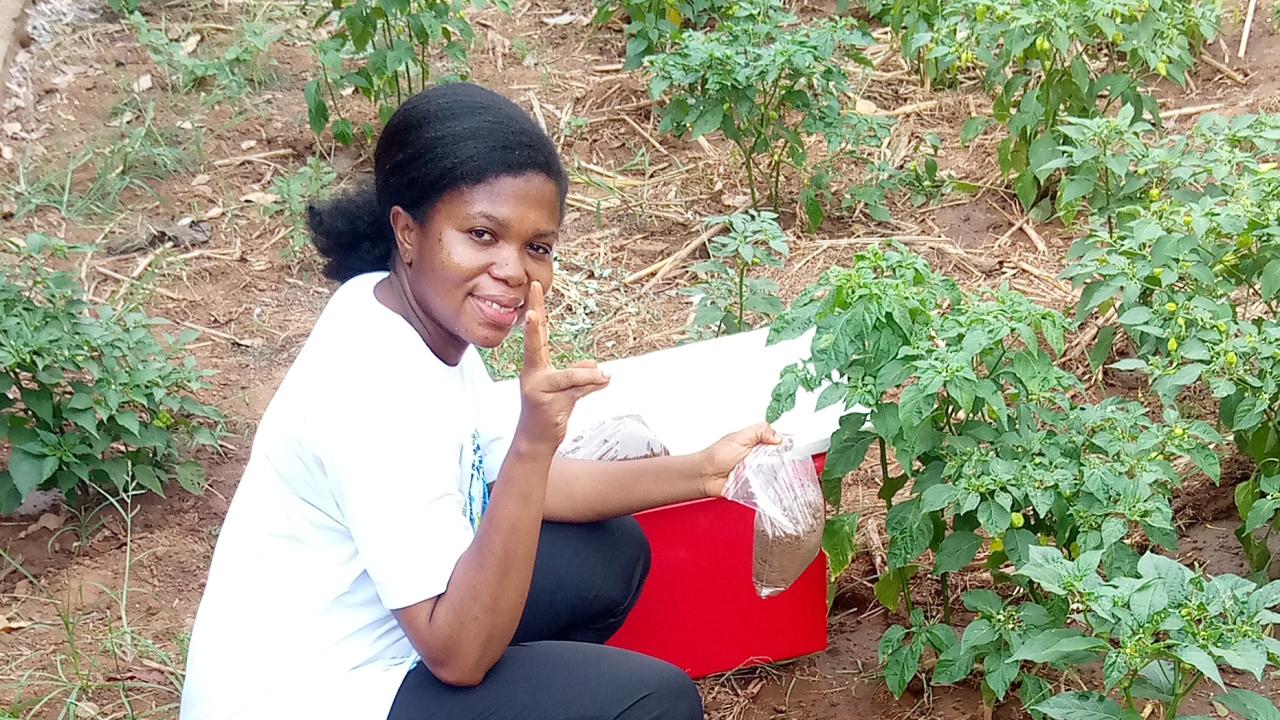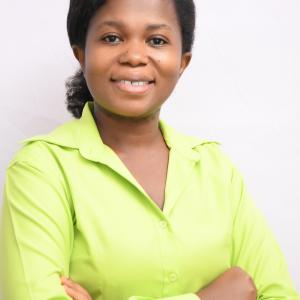Kenyan physicist improves livelihoods of camel milk sellers
After finishing her PhD in South Africa, Dr. Winifred Mulwa began lecturing at Egerton University in Kenya. There, she discovered the long-established Department of Dairy, Food Science, and Technology, which produced a significant amount of yoghurt for commercial sale. Some of the yoghurts were made from camel milk sourced from Isiolo County in eastern Kenya, where temperatures are high and fresh camel milk has a short lifespan. Despite the best efforts of the camel milk sellers in Isiolo town, transporting the milk from where the camels were milked to Isiolo town and then to the capital Nairobi often resulted in a significant amount of milk going bad en route. Thus, there was a need to improve refrigeration in Isiolo to preserve the livelihood of camel milk sellers.
Overcoming Obstacles and Pushing Forward to Revolutionize Refrigeration Technology
Dr Mulwa’s research journey has not been easy. When she first started her research, she faced resistance from the camel herders. Her colleague from Egerton University introduced her to milk herders in remote parts of Isiolo. He explained her research and asked that she be allowed to milk the camels so that she could test the microbial levels of the milk at production. The herders would not hear of it at first. Traditionally, women are strictly not allowed near camels. They are only allowed to receive the camels’ milk once the owners have milked them. The herders and camel owners were shocked to learn that it was a woman who was proposing to solve the milk refrigeration problem. They were not receptive. “It took time for them to accept me in their lives,” Dr Mulwa said. Every month for six months, Dr Mulwa travelled to Isiolo to convince the herders to allow her near the camels. “I spent time with [the herders] in the bush, arriving at 4 am, answering questions. I took gifts of water, bread and soft drinks.” She wore traditional clothes and spoke in friendly tones, even when they were not friendly in return. The herders and camel owners wanted to know why she was not at home looking after her husband and children. They wanted to know why she was doing a man’s job. Eventually, they became convinced that she was not a threat to them or their camels and they allowed her to milk them. “Now they are my friends. They even call me at will,” she said smiling.
Dr Mulwa faced many obstacles in patenting her unique technology. Even so, she has secured a provisional patent, pending further tests to demonstrate that the refrigerants she uses are food safe, to the standards required by the Kenya Industrial Property Institute (KIPI), the government body that administers intellectual property rights. This will allow her to obtain a full patent. She is seeking funding for this.
Dr Mulwa carries out her research in addition to her job at Egerton University, where she teaches 3-4 units per year, sets exams and continuous assessment exercises and marks over 500 scripts. At one point, she suffered high blood pressure from the stress. Her daughter begged her to take a break from her research, which she did. She was soon back, however. “Research is addictive,” she said, “Once you start you cannot stop.”
The magnetic fridge is not yet perfect. The strength of the magnetic field drops after six hours, so that an electric freezer still has to be used alongside the magnetic one. Dr Mulwa’s research is still ongoing to figure out a way to make the magnetic field stronger for longer. Once the technology is perfected, Dr Mulwa would like to extend its use to cooling fresh mango juice made in Kitui, eastern Kenya, where she is from. She is confident that in remote communities all over Africa, one day technology will be free from the need for electrical or solar-powered refrigeration. “Ten to fifteen years from now, people, not only in Kenya, but in the African continent, will switch to magnetic refrigeration.”
How OWSD has supported Winfred Mulwa's Research Journey
In 2019, Winnie Mulwa was awarded the OWSD Early Career fellowship funded by the International Development Research Centre (IDRC) and in the same year she began her research on magnetic refrigeration. She created a portable magnetic refrigerator that made it possible to transport milk at low temperatures on a motorcycle from the milking stations to the electric refrigerators in Isiolo town, where it then awaited transportation to Nairobi overnight. That was not all. Dr Mulwa found that the Tawakal Women’s Group, with whom she worked, were spending over USD 100 per month on electricity bills to keep the electric refrigerators going. Using her OWSD grant, Dr Mulwa designed and built a chest freezer powered by magnets and refrigerants. The impact of this freezer was instant. The amount of milk that reached the market in Nairobi in sellable condition increased from 100L to 150L per day. The cost of refrigeration went down to USD 60 per month. She even convinced the sellers to use more hygienic containers to transport the milk. Dr Mulwa achieved all this despite the disruption of the COVID-19 pandemic, with the help of the food science researchers at Egerton University. It was through this achievement, she was invited to take part in the OWSD Visions, a project in which local filmmakers worked with scientists around the world to tell their stories. Dr. Mulwa recalls filming the documentary as a positive experience, that she hopes would not only be a gateway to promoting her research, but also one that will encourage collaborations with other innovative researchers looking to better technology for good social outcomes.
